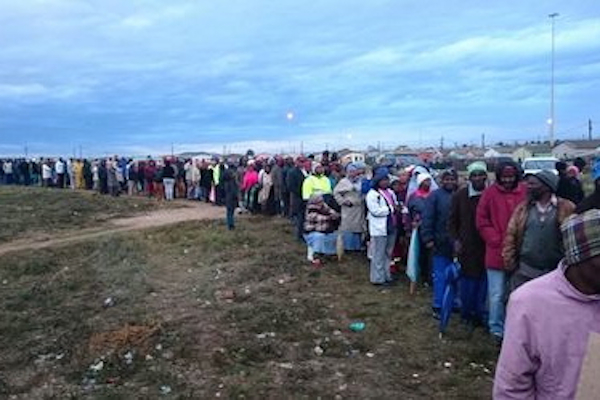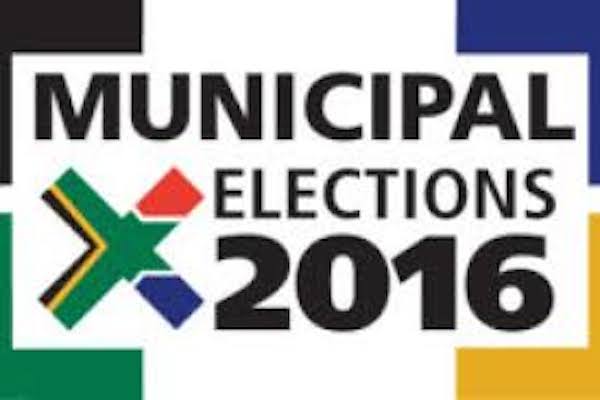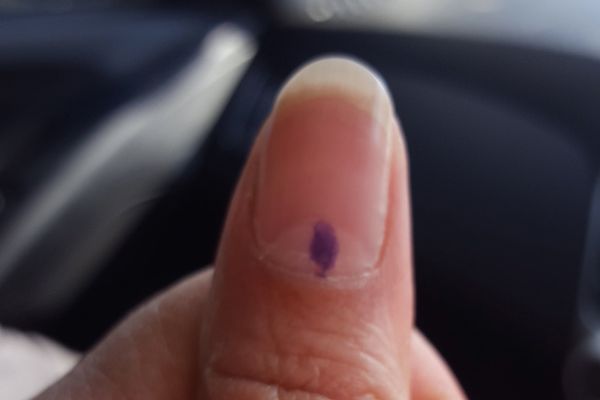Local Government Elections: South Africa's Democracy Matures
South Africa’s Local Government Elections held on August 3rd have been declared free and fair by local and international observers alike. They were hotly contested, and democracy in the country is believed to be the main winner of the elections many called historic. Mike Pothier, Research Coordinator at the Catholic Parliamentary Liaison Office (CPLO) in Cape Town, a local partner organisation of the Hanns Seidel Foundation, wrote this report.
Over 200 parties contested South Africa’s local government elections on the 3rd August. Out of all of them one, the African National Congress (ANC), which has governed the country since the advent of democracy in 1994, secured 54% of the overall vote – more than all the others put together. It also emerged with a clear majority, or as the largest party, in 243 of the country’s 278 municipalities. Such a result would normally be considered a triumph; for the ANC, however, the result is a very serious defeat.
After 22 years of democracy, the pattern of South Africa’s electoral politics has been broken. Although the ANC’s share of the vote in both local government and general elections has been gradually declining over the last 10 to 12 years, the drop this time was far more significant. From 63% in 2011 to 54% now represents a fall of 14% in support, which is far greater than the fall of 5% it experienced between the general elections of 2009 and 2014.
Such a decline suggests that the ANC can no longer rely on its status as the party of liberation, the party of Nelson Mandela, and that the historical loyalties that in the past gave it up to 70% of the vote, are no longer decisive. All indications are that more and more traditional ANC voters, especially in the urban centres, are judging the party on its ability to deliver services and benefits in the future, and not on the great achievements of more than 20 years ago.
The figures clearly show that significant numbers of the ANC’s support-base have switched their votes to the two largest opposition parties, the Democratic Alliance (DA) and the Economic Freedom Fighters (EFF). So, the ANC, the party that has governed South Africa virtually unchallenged since 1994 now finds itself under serious threat from two sides; and nowhere was that threat more apparent than in the major cities.
Until this election, the ANC controlled all the metros except Cape Town, just as it controls all nine provinces except the Western Cape. The loss of Nelson Mandela Bay in the current Election, which is in the ANC’s Eastern Cape heartland, together with the loss of Tshwane, the seat of the country’s government, and the potential loss of Johannesburg, are devastating blows to the party.
The opposition now has the chance to show what it can offer the electorate in the most populous, most industrialised, and richest cities in the country, and to build towards the next general election in 2019. But to do so effectively, parties that do not naturally belong together will have to find ways of co-operating – and unlike many European countries, South Africa is not used to the politics of coalition.
The question is sometimes asked: if the ANC loses an election, and has to give up power, will it accept or will it reject the decision of the people? This election has given us the answer. There is no suggestion at all that the ANC will refuse to accept the outcome of this, or any future, election. Democracy is alive and well in South Africa, and the people have spoken.



